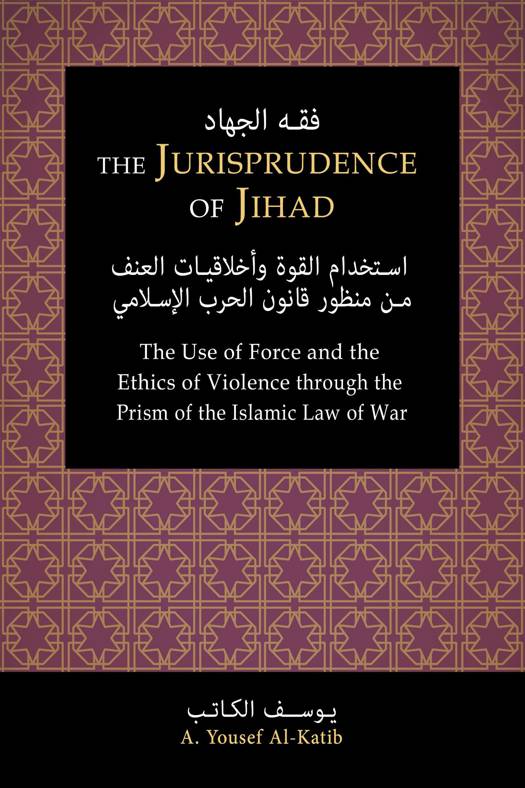
- Afhalen na 1 uur in een winkel met voorraad
- Gratis thuislevering in België
- Ruim aanbod met 7 miljoen producten
- Afhalen na 1 uur in een winkel met voorraad
- Gratis thuislevering in België
- Ruim aanbod met 7 miljoen producten
The Jurisprudence of Jihād: The Use of Force and the Ethics of Violence through the Prism of the Islamic Law of War E-BOOK
A. Yousef Al-KatibOmschrijving
Beginning with a general introduction to Islamic law and its sources (uṣūl al-fiqh), this study examines the Islamic law of war, or fiqh al-jihād. It opens with a discourse on Islamic public international law, including the bifurcation of the world into dār al-Islām (abode of peace) and dār al-ḥarb (abode of war). The reader's attention is then turned to jus ad bellum (the legitimacy of resorting to armed force) and jus in bello (the laws governing the use of force in armed conflict) within the framework of classical Islamic law. Next, the book discusses contemporary militant jihādī fiqh (jurisprudence), with a view towards examining the views on killing, the targeting of civilians and the means and methods of warfare espoused by armed groups operating in the name of Islam, including the Taliban and al Qaeda. This is followed by a discussion of Yusuf Al-Qaradawi's treatise, Fiqh al-Jihād, and Qaradawi's response to the views of contemporary jihādī militants. Finally, the book concludes with a discussion on the challenges of using public international law and Islamic law to increase Islamic armed groups' compliance with humanitarian law.
Specificaties
Betrokkenen
- Auteur(s):
- Uitgeverij:
Inhoud
- Taal:
- Engels
Eigenschappen
- Productcode (EAN):
- 9781681090979
- Verschijningsdatum:
- 6/10/2021
- Uitvoering:
- E-book
- Beveiligd met:
- Adobe DRM
- Formaat:
- ePub

Alleen bij Standaard Boekhandel
Beoordelingen
We publiceren alleen reviews die voldoen aan de voorwaarden voor reviews. Bekijk onze voorwaarden voor reviews.












